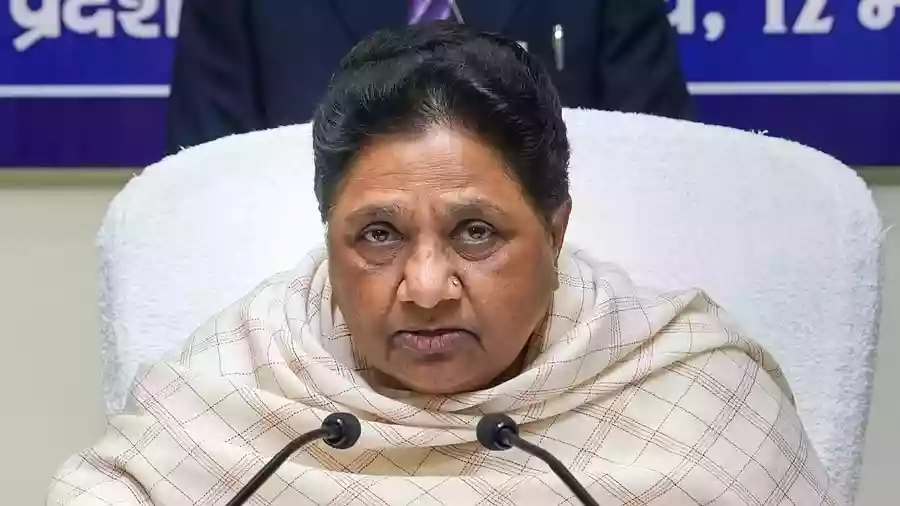Kasba Gangrape: Court sends all 3 accused to 7-day police custody
.gif)
.gif)

Bahujan Samaj Party (BSP) chief Mayawati on Wednesday urged the central government to focus on national and public welfare rather than engaging in "narrow politics," following the downward revision of India's GDP growth estimate for the current fiscal year.
Expressing concern over the state of the economy, Mayawati highlighted the emotional connection between India’s working class and the nation’s economic performance. “The GDP growth rate is expected to fall to 6.4 per cent. Most newspapers highlighted this as their top news today. The ones truly saddened by this are the country’s poor and hardworking population, who, despite their tough lives, are not ready to hear any harm coming to their nation,” she said in a post on X (formerly Twitter).
Mayawati noted that while the poor may not directly understand the implications of the rupee depreciating to a record low of 85.83 against the US dollar, they remain deeply concerned about the nation’s standing. She called on the government to respect these sentiments and focus on public welfare to meet the people’s aspirations for "Achhe Din" (good days).
India’s GDP growth estimate for 2024-25 has been revised downwards to 6.4 per cent, marking the slowest growth rate since the Covid-19 pandemic year of 2020-21, when the economy contracted by 5.8 per cent. The underperformance of the manufacturing and services sectors has been identified as a key reason for the economic slowdown.
The rupee’s depreciation to 85.83 per dollar on Wednesday morning has added to the economic challenges, further worrying stakeholders across the spectrum. The forecasted GDP growth rate is a significant drop from the 8.2 per cent recorded in FY 2023-24, raising concerns about the economic trajectory.
The BSP, which has seen diminishing influence in recent elections in Uttar Pradesh, remains independent of major political alliances like the BJP-led National Democratic Alliance (NDA) and the opposition’s I.N.D.I.A bloc. Mayawati’s critique comes at a crucial time when economic stability is a pressing issue for the government.